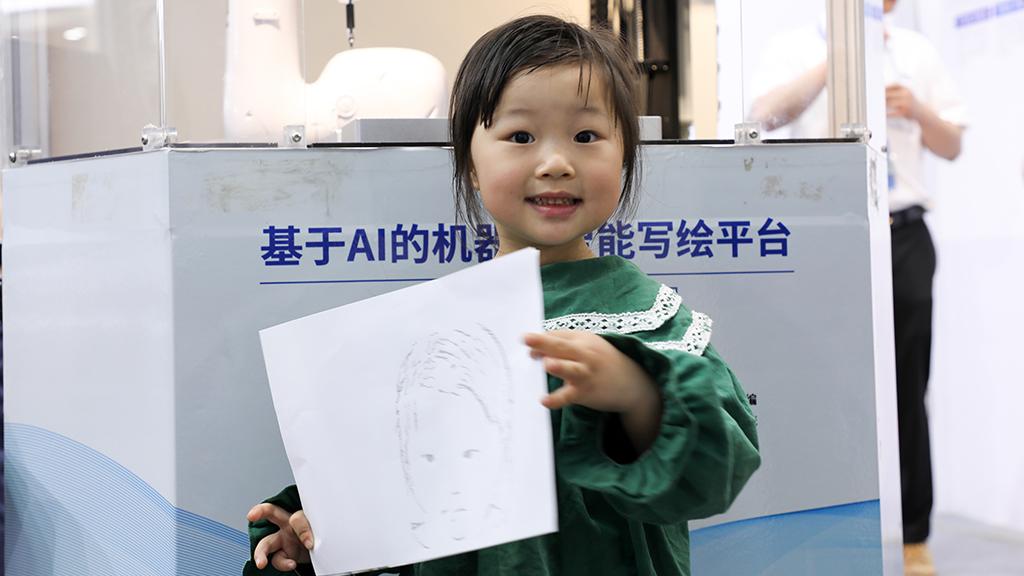China unveils guideline for building unified national market, driving demand and openness
BEIJING, Jan. 7 (Xinhua) -- China's top economic planner on Tuesday released a guideline for building a unified national market, breaking down market barriers to boost domestic demand while enhancing openness.
The guideline, issued by the National Development and Reform Commission (NDRC), aims to encourage all localities and government departments to accelerate their integration into the unified national market and actively support its development.
Key measures outlined in the guideline include unifying the underlying institutions and rules of the market, improving the high-standard market infrastructure connectivity, building a unified market for factors and resources, advancing the high-standard integration of goods and services markets, enhancing fair and unified regulation, and curbing unfair market competition and improper intervention.
ADDRESSING BOTTLENECKS FOR SMOOTH CIRCULATION
The concept of a unified market is not new in China. As early as 2013, the country introduced a work plan to remove regional blockades and establish an open market system. The push gained momentum in March 2022 when central authorities issued guidelines calling for accelerated progress.
Most recently, the tone-setting Central Economic Work Conference held last month identified the formulation of a guideline for building a unified national market as a key task for 2025.
Liu Rihong, an official from the Research Office of the State Council, noted that the relatively weak domestic demand, especially in consumption, is a vital bottleneck for economic circulation.
Liu emphasized that building a unified national market is essential to unleashing domestic demand potential, facilitating the efficient flow of goods and factors, improving resource allocation, and fully harnessing the market's industrial and demand advantages.
The guideline aims to tackle these challenges by drawing firm "red lines" to eliminate local protectionism, regional barriers, and unfair practices in market access, bidding and government procurement, NDRC official Wang Shancheng told a press conference on Tuesday.
Local authorities are prohibited from using administrative or penal measures to intervene in economic disputes or infringe on business rights illegally, the guideline said, adding that unlawful cross-jurisdictional law enforcement or administration are also banned.
It stated that the cross-regional flow of goods and factors must not be restricted, and bidding and government procurement should avoid limiting or designating specific patents, trademarks, brands, parts, origins or suppliers.
The document also calls for establishing a unified national social security public service platform, allowing people to access social security in the locality where they work even if they do not hold local residency.
Wang said work is underway to revise and publish a new negative list for market access to further optimize market access management.
FOSTERING OPENNESS, FAIR COMPETITION
"Far from being closed-door or isolated, the unified national market is a global-facing and highly open market," said Li Weizheng, an official with the Ministry of Commerce, at the press conference.
Efforts are being made to streamline foreign investment market access. Notably, the 2024 national negative list for foreign investment eliminated all market access restrictions for foreign investors in the manufacturing sector. This was a groundbreaking move for global manufacturers entering the Chinese economy.
In addition to reducing barriers, efforts are underway to improve the business environment by ensuring national treatment for foreign-funded enterprises in terms of access to factors of production, license application, standards setting, and government procurement.
Li noted that since the beginning of 2024, the Ministry of Commerce has held 15 foreign enterprise roundtables, resolving over 370 issues raised by foreign firms to ensure their success in the Chinese market.
Li particularly highlighted that in the automobile trade-in program, new cars from foreign brands account for over 35 percent of sales, driving rapid sales growth for foreign-funded automakers.
Looking ahead, the country will continue to expand high-level opening-up to attract global resources through a smooth domestic circulation and provide a broader platform for various business entities, Wang added.
Photos
Related Stories
- China issues guideline for building unified national market
- Top court pledges punishment of unfair competition, monopoly in high-tech fields
- Metro AG to launch first store in China's Hainan
- China to cut import tariffs on certain goods to expand domestic demand
- Airbus to celebrate 40 years of success in China's skies
Copyright © 2025 People's Daily Online. All Rights Reserved.









